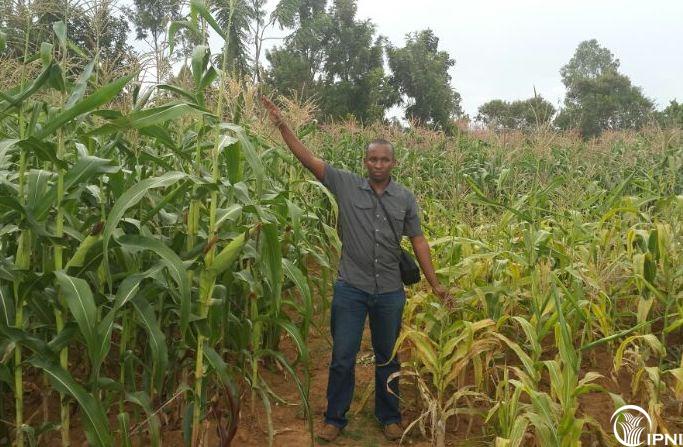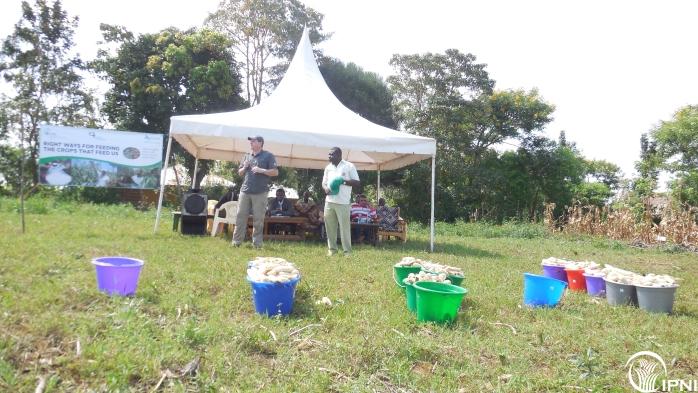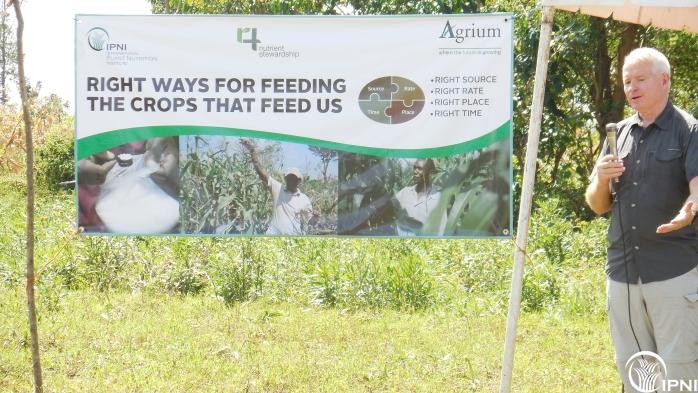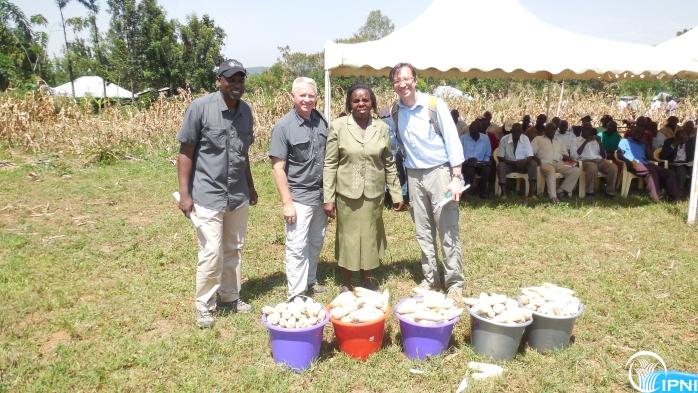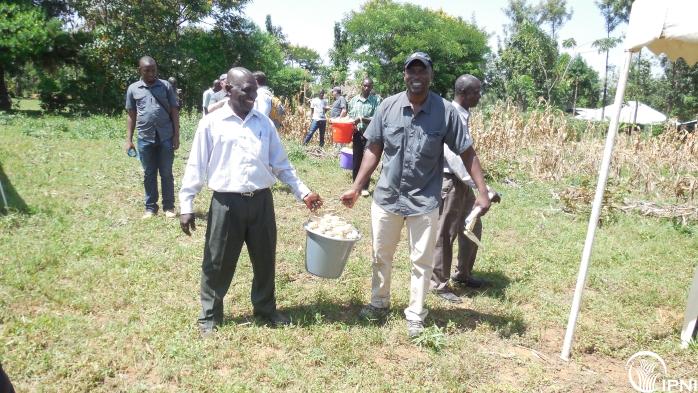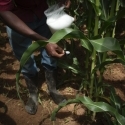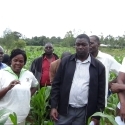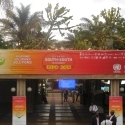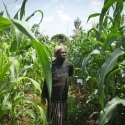4R Nutrient management: the impact of balanced nutrient application
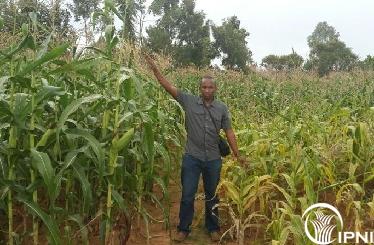 Impact of balanced nutrition on Maize growth and productivity
Impact of balanced nutrition on Maize growth and productivity
As the 4R nutrient stewardship project marks its first year of operations in Western Kenya, the impact of balanced nutrition on crop growth and productivity has been a major highlight to farmers and other stakeholders in the agricultural sector.
Through the use of on-farm demonstration sites designed as macronutrient omission plots, farmers, extension officers, and agrodealers have been able to observe the impact of balanced nutrition on growth and productivity of maize. This has been achieved through field visits in the course of the growing season and participatory harvesting and evaluation of the demo sites. The consistent good growth and productivity of maize grown under balanced nutrition in fields of varying fertility levels has demonstrated the importance of balanced nutrition in increasing and maintaining high maize yields.
This has been confirmed by data analysis results from the 30 field-based demonstration sites. On fertile fields that had received large additions of manure in the past, maize productivity of about 8 tons per hectare (t/ha) was achieved with the addition of nitrogen (N) and phosphorus (P)-based fertilizer. On infertile soils in the same locality, while application of N and P had limited effects of maize yields, substantial yield improvements were achieved with the addition of potassium (K). Overall, the study showed that farmers in this region are able to increase their yields from an average of 2 tons/ha to an average of 6 tons/ha through balanced nutrition. Despite the widespread deficiency of K, current fertilizer recommendations only cover N and P, and the 4R project is therefore supporting a revision of the fertilizer recommendations to address the need for K fertilizer.
Following the success of the of the maize demo sites in show casing the impact of balanced nutrition on maize productivity, the project will in the second year establish 4R learning centers for other key crops such as sorghum, beans, soybean, and sweet potatoes. Through these sites, farmers will be able to learn the different nutrient needs of different crops, and the best nutrient management practices for the different crops.

